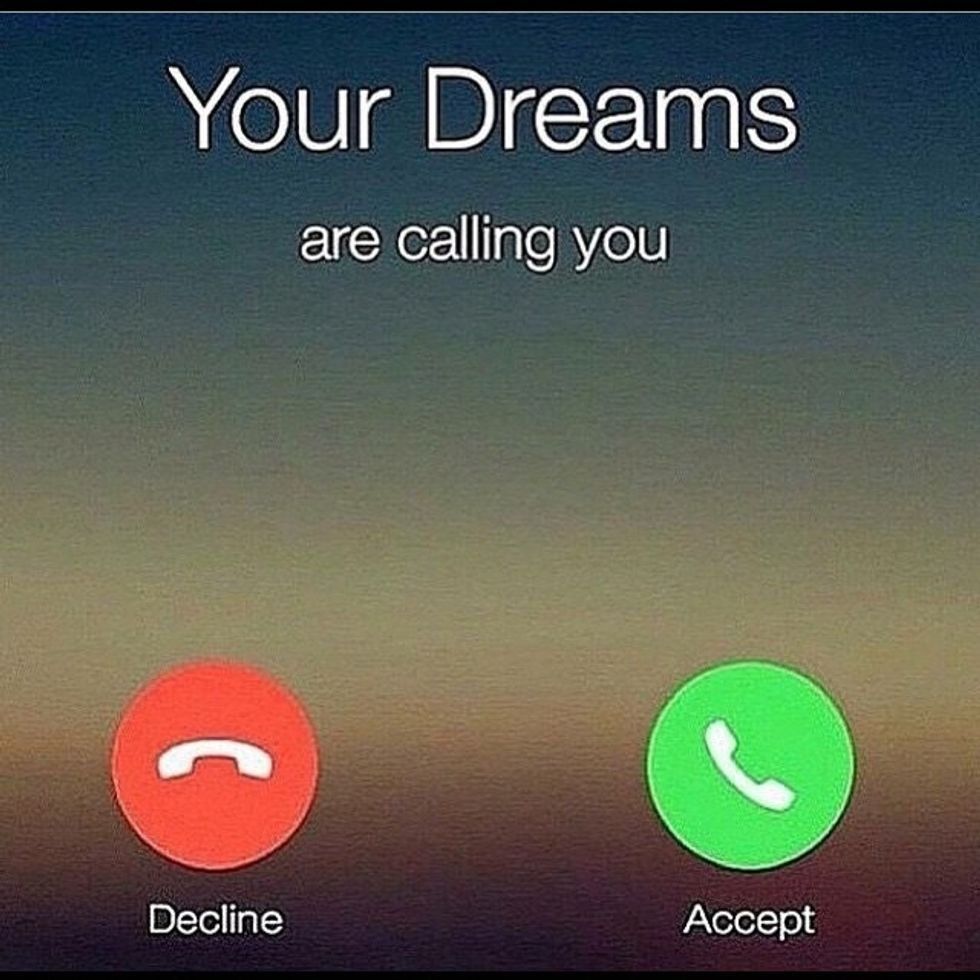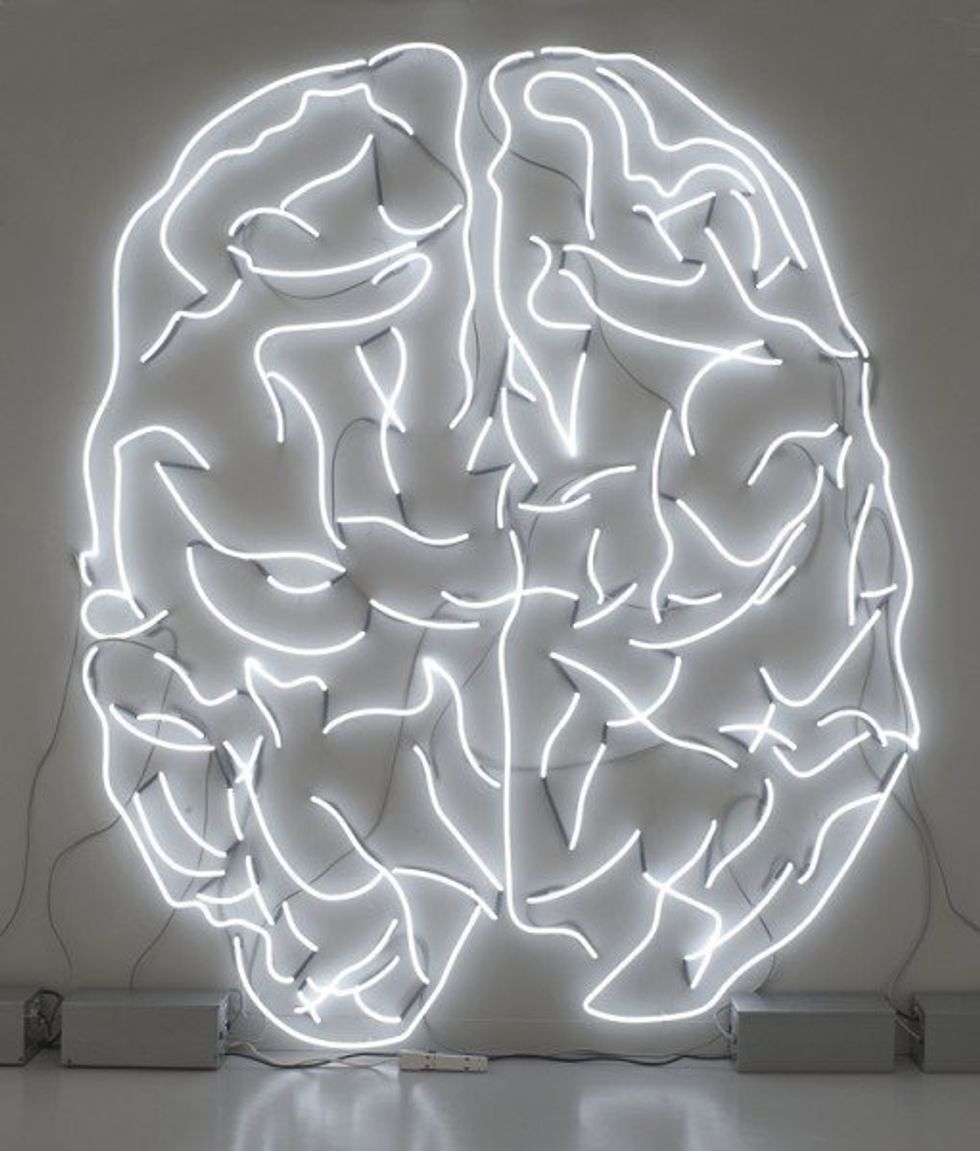Colorism is a practice of discrimination by which those with lighter skin are treated more favorably than those with darker skin, as defined by Nadra Kareem Nittle, a Race Relations Expert. During the days of the slave trade, people of color were separated by their skin tone. And over time, a test was developed called the “brown paper bag test”.
If your skin tone was lighter than the standard paper lunch bag, than you were deemed more attractive and could get into more events such as fraternities, sororities, and other realms of black upper class life. But if your skin was darker, than you were unattractive and excluded from most things if not all of them.
As a child, I understood racism—not in the full extent that I do now but I did. But as a child, I never understood colorism. I always just thought that since we were all people of color what did it matter. Black is black—in my eyes at least and probably some other eyes as well. We were all in this together as one great, big black community—an image I would love to see one day.
And now I know that that isn’t true at all. That there is a preference to lighter skinned black people than there other darker skinned people. And it leads me to the many reasons on why I hate colorism.
As a child, I had sometimes wished I were white, because I knew it would make life slightly easier. But as I grew older, I found myself just wishing for a lighter skinned tone and to be considered a “light-skin”, given that I myself am of a darker skinned tone. Most of my family is not, expressing more fully our Cuban, Native American and European roots than I thought I have. I have always felt that if I had lighter skin than I would be considered smarter and prettier to mass media, Hollywood and my fellow people of color in the black community.
A major reason on why I hate colorism is how much it is found it’s way into this generation’s life with the obnoxious and unnecessary “light-skin” vs. “dark-skin” debate. It is also because it degrades people based on something they can’t change about themselves. It puts a group of people even further down the social and cultural totem pole than they already reside based on the color of their skin.
Another reason is that it creates a huge level of self-hate within the black community. It tells darker skinned men and women that they can’t be as attractive as their lighter-skinned counter parts or as intelligent or even more intelligent than them either. It is a constant degradation of a group of people who deserve absolutely none of that.
Some questions I have always asked myself and still do about colorism and what is does to the world: why should I as a darker skinned woman have to feel inferior next to my lighter skinned counterparts? Why should I feel less pride in the color of my skin, because I know somewhere in the back of some people’s mind I am not what they want and never will be, because of it?
Why should I be the butt of all the black jokes my friends tell (which are annoying even when I am not), because I am darker and it sometimes may be harder to see me in certain light or my skin color is a deeper shade of mocha and that automatically makes me the color of midnight? Why should I feel degraded and misrepresented in the media? Why should I even have to feel like this at all?
This debate of which “type” of black person is the most preferred has got to stop. And while I am not upset with a man or woman’s preference on whom they date or things like that but when you degrade a whole lot of people because of that preference that is when I have a problem. We are all people and we should come together as one big community.
We are all beautiful with beautiful skin color—no matter if we are black, white, Native American or Asian—with skin that should be celebrated not discriminated against. People, especially people of color, need to stick together and boost each other up not tear the lot of us down. It is seriously time for a change. Colorism has got to stop.








 Photo by
Photo by 









